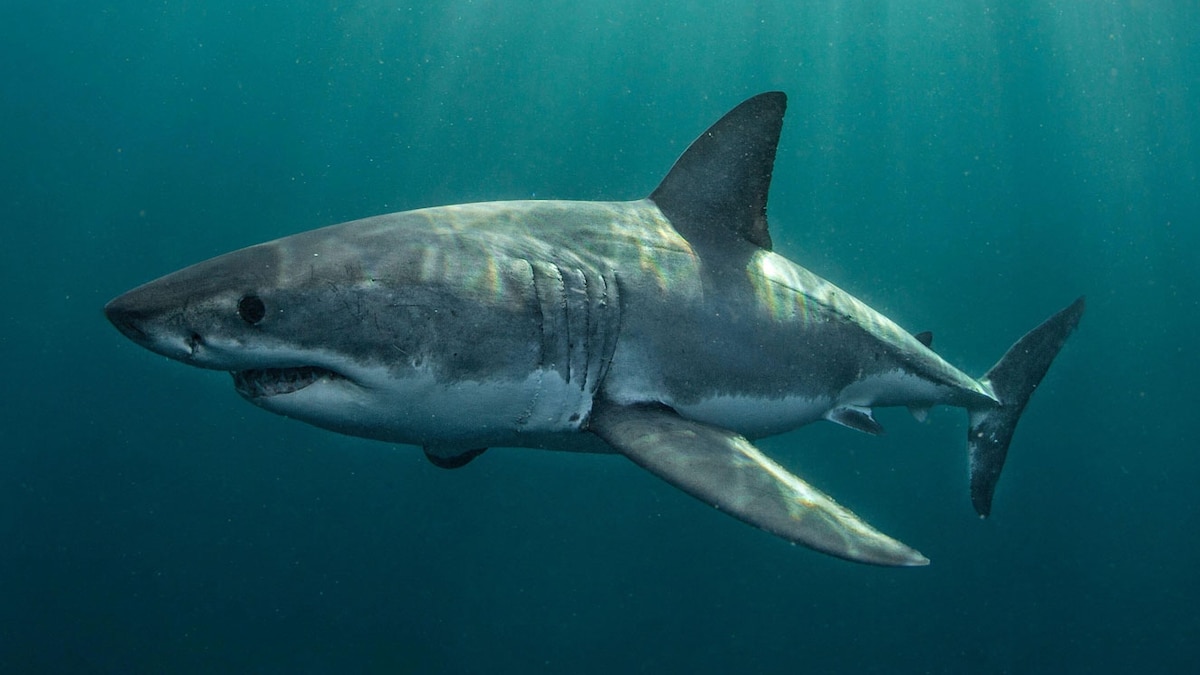Now Reading: World’s Top Spot for Great White Sharks Sees Mysterious Disappearance
-
01
World’s Top Spot for Great White Sharks Sees Mysterious Disappearance
World’s Top Spot for Great White Sharks Sees Mysterious Disappearance

Rapid Summary
- Great white sharks, the apex predators of marine ecosystems, have disappeared from Seal Island in South Africa’s False Bay as 2018.
- Reasons behind their disappearance remain uncertain, with possibilities including killer whale predation and human-related factors like shark netting.
- The loss of great whites has led to dramatic ecosystem changes:
– Broadnose sevengill shark populations surged unexpectedly.
– cape fur seals became more prevalent and fearless in behaviors previously deemed suicidal, such as rafting near baited cage divers.
- Secondary effects observed include declines in prey species for seals (e.g., anchovies) and sevengills (e.g., smoothhound sharks).
- Researchers suggest that thes cascading impacts highlight how predators are essential for maintaining ecological balance.
- Long-term data collected over two decades allowed scientists to track food chain shifts with greater clarity in a confined ecosystem setting like False Bay.
Indian Opinion Analysis
The disappearance of great white sharks from Seal Island offers vital insights into the interconnectedness of marine ecosystems and the ripple effects caused by losing apex predators. For India-a country with a vast coastline and marine biodiversity-this case underscores an urgent need for enhanced conservation measures to protect keystone species. Apex predators act as guardians of equilibrium within habitats, shaping population dynamics across trophic levels.
Additionally, this study demonstrates how human activities like indiscriminate netting can escalate ecological imbalance unless regulated effectively. As India advances ecotourism along coastal regions such as Goa or Andaman & Nicobar Islands, sustainable practices become crucial not just for preserving local biodiversity but also for fostering long-term economic benefits via healthy ecosystems.
Given India’s diverse marine surroundings teeming with valuable yet vulnerable species-from olive ridley turtles to various native sharks-it is imperative to monitor predator-prey relationships through comprehensive research programs akin to those applied at False Bay. Promoting non-lethal methods of protecting both wildlife and communities will be key moving forward.

























